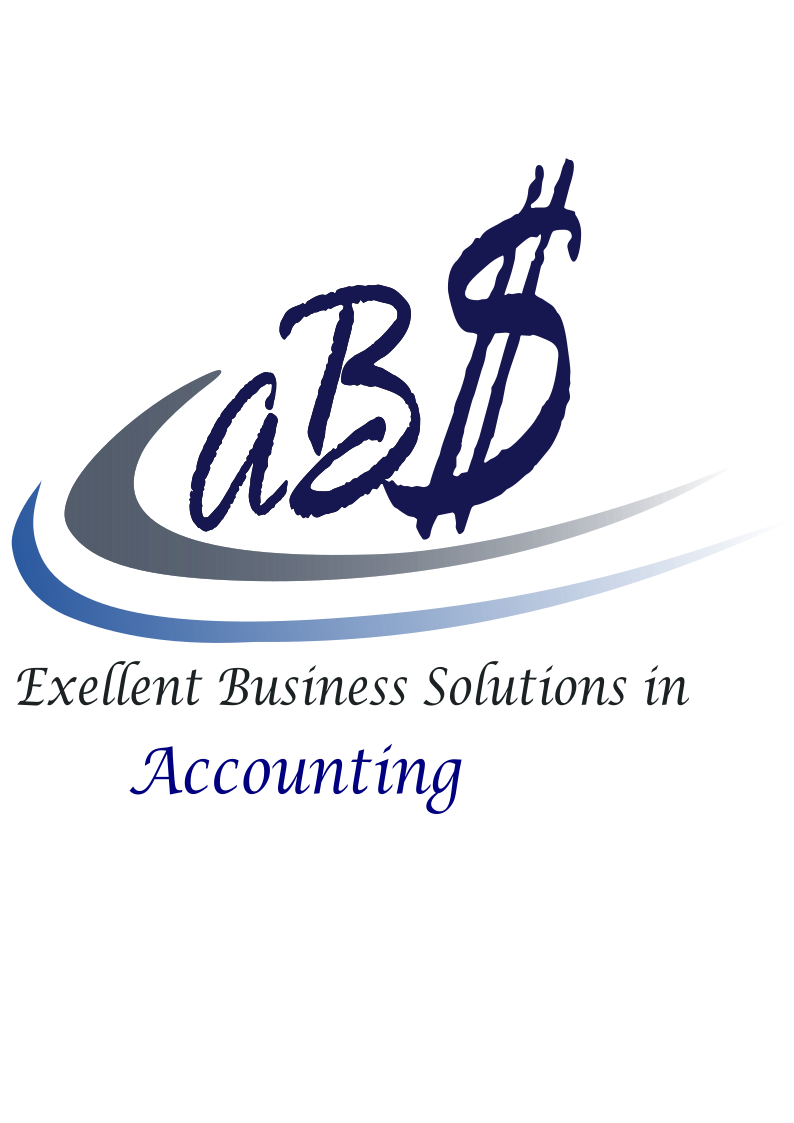Canadian Payroll

As an employer, it is necessary to deduct a portion of your employees' remuneration on a regular basis.
You qualify as an employer if you provide your employees with salaries, wages (including advances), bonuses, vacation pay, or tips, or offer certain taxable benefits or allowances like board and lodging.
You are an employer if:
■ you pay salaries, wages (including advances), bonuses, vacation pay, or tips to your employees; or
■ you provide certain taxable benefits or allowances such as board and lodging to your employees
An individual is considered an employee when the employment arrangement with the payer represents an employer-employee relationship.
As an employer, you are responsible to:
■ deduct CPP/QPP contributions, EI premiums, and income tax from amounts you pay to your employees;
■ remit these deductions along with your share of CPP/QPP contributions and EI premiums that you have to pay throughout the year on your employees’ behalf; and
■ report the employees’ remuneration and deductions on the T4 information return and give information slips to your employees.
Once you know that you will have employees, it is advisable to promptly establish a payroll deductions account. This account will enable you to make timely remittances and regular payroll deductions for your employees. If you require a payroll account and possess a business number (BN), you can simply add a payroll account to your existing BN. However, if you don't have a BN, you must obtain one and register for a payroll account before your first remittance due date.
You need to register for a payroll account if you:
■ pay salaries or wages;
■ pay tips and gratuities;
■ pay bonuses and vacation pay;
■ provide benefits and allowances to employees; or
■ need to deduct, remit and report amounts from other types of remuneration (such as pension or superannuation).
What employer needs to deduct from your employees’ remuneration:
Canada Pension Plan (CPP) or Quebec Pension Plan (QPP) contributions
Employment Insurance (EI) premiums
income tax
To determine the various deductions, you can use the Payroll Deductions Online Calculator (PDOC), which is accessible at www.canada.ca/en/revenue-agency/services/e-services:
Canada Pension Plan (CPP)
The purpose of the Canada Pension Plan (CPP) is to offer financial support to Canadians upon their retirement from the workforce. Every Canadian worker is entitled to receive benefits upon retirement. In Quebec, you deduct Quebec Pension Plan (QPP) contributions instead of CPP if you operate a business there. You must remit payments to Revenu Québec instead of the Receiver General for Canada. Both employees and employers contribute to CPP or QPP.
Both employees and employers contribute to the CPP or the QPP. But you, as an employer, are responsible both for deducting CPP or QPP contributions from your employees’ pensionable earnings and for matching those contributions yourself.
Employment Insurance
Employment Insurance (EI) is a national insurance scheme that provides financial aid to jobless individuals and helps them acquire job training. As an employer, it is your responsibility to deduct EI premiums from your employees' insurable earnings. The rates for EI premiums may fluctuate each year.
Income tax
It is your duty as an employer to deduct income tax from your employees' salaries, wages, or other compensation. Since employees may belong to different categories, such as those who claim expenses or receive commissions, you will need different forms such as federal and provincial TD1 forms for Personal Tax Credits Return to determine the amount to deduct from their remuneration. For further details on these forms, refer to Guide T4001.
Remittances
You, as an employer, are responsible for remitting both the Canada Pension Plan (CPP) contributions, the Employment Insurance (EI) premiums, and the income tax deducted from your employees' income, as well as your own share of CPP contributions and EI premiums.
The remittance date is considered to be the date the payment is received by the Receiver General, so it is important to choose the appropriate remittance method to ensure that you meet your due date.
Your remittance form and these deductions must be received by the CRA on or before your remittance due date, which may vary depending on the type of remitter you are.
Most employers are required to remit withholding amounts on a monthly basis, although larger employers may remit more frequently. Small business employers may be able to make quarterly remittances of taxes and payroll deductions.
To determine your remittance due dates and the appropriate remittance method for your business, visit the CRA website.
How to report payroll deductions
Typically, you must report your employees' wages, salary, taxable benefits, and deductions on the T4 slip, also known as the Statement of Remuneration Paid.
It is your obligation to complete and provide your employees with their T4 slips by the end of February the following year after the calendar year to which the slip pertains. In case of late filing, penalties may apply.



